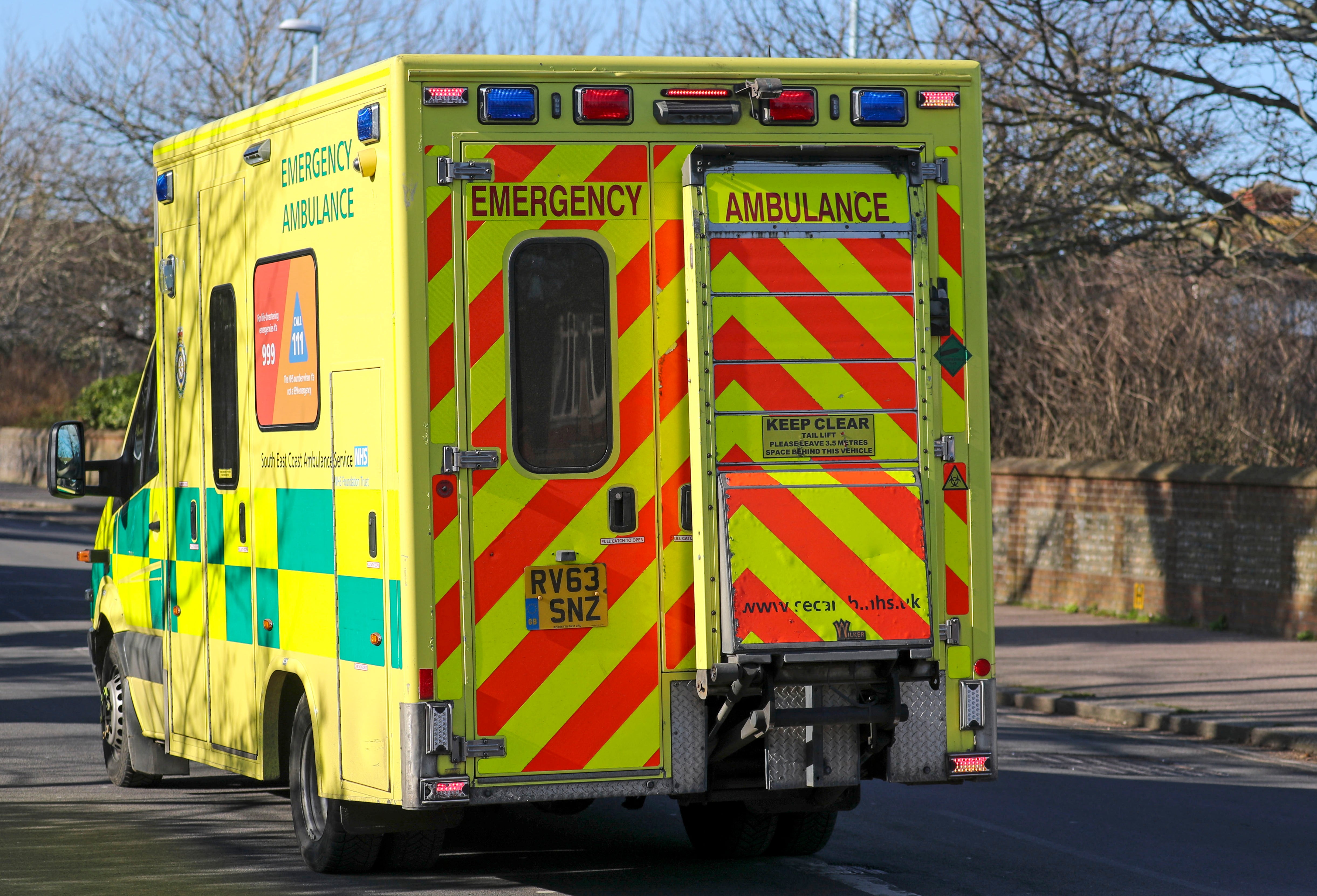Record £6.2bn paid by insurers to help people deal with bereavement and illness
The amount paid by the insurance industry in 2020 equates to £17 million being paid out every day, the ABI said.

Your support helps us to tell the story
From reproductive rights to climate change to Big Tech, The Independent is on the ground when the story is developing. Whether it's investigating the financials of Elon Musk's pro-Trump PAC or producing our latest documentary, 'The A Word', which shines a light on the American women fighting for reproductive rights, we know how important it is to parse out the facts from the messaging.
At such a critical moment in US history, we need reporters on the ground. Your donation allows us to keep sending journalists to speak to both sides of the story.
The Independent is trusted by Americans across the entire political spectrum. And unlike many other quality news outlets, we choose not to lock Americans out of our reporting and analysis with paywalls. We believe quality journalism should be available to everyone, paid for by those who can afford it.
Your support makes all the difference.Insurers paid out a record amount to help families cope with bereavement, ill health and injury last year, according to the Association of British Insurers (ABI).
The insurance industry paid out £6.2 billion in life insurance, income protection and critical illness claims in 2020, marking the highest total on record and up 8% on 2019, the figures from the ABI and another industry body, Group Risk Development (GRiD), showed.
This was the equivalent of £17 million being paid out every day.
Earlier this year the ABI published figures highlighting that £202 million was paid by insurers in 2020 to help the families of those who were affected by Covid-19.
These latest figures also showed an increase in the proportion of mental health claims made under individual income protection policies – up from 10% to 12% in 2020.
The pandemic reinforced just how valuable the protection provided by insurers has been
Income protection policies help fill income gaps when a person is unable to work due to illness or injury. They will usually cover a percentage of the policyholder’s salary and will often provide support services to help employees back into work.
This further highlights the impact of the pandemic on the mental health of the UK population, the ABI said.
The body recently launched a mental health training platform, developed with mental health experts, aiming to help train 5,000 advisers and front-line insurer staff to better engage with customers who disclose a mental health condition.
The ABI also noted a 6% fall in the number of critical illness claims paid last year. It said this may in part be due to some illnesses going undiagnosed during the pressure on medical services in the midst of the pandemic.
Critical illness cover provides support when people are diagnosed with illnesses such as cancer.
Paul Brencher, managing director, individual protection at Aviva UK and chair of the ABI’s protection board, said: “The financial risks from ill-health are not new, but the pandemic has dramatically highlighted how the financial resilience of families can be so easily tested.”
Charlie Campbell, the ABI’s manager, health and protection, said: “The record payout to help families cope with death, illness and injury shows how insurers give vital financial support to their customers during what are difficult and stressful times.
“The pandemic reinforced just how valuable the protection provided by insurers has been. The high number of claims paid should give people confidence they can trust that their insurance provider will be there when they need them.
“However, non-disclosure of relevant medical information, and the condition not being covered, were the two main reasons for the 2% of claims that were declined.
“This emphasises the need for customers and advisers to disclose all relevant health information when applying for cover, and for insurers to continue to improve the clarity and understanding of what is and what is not covered.”